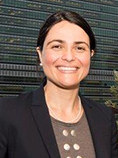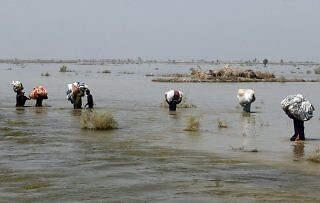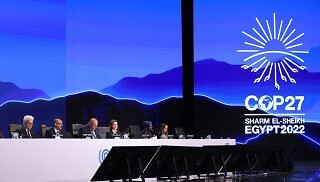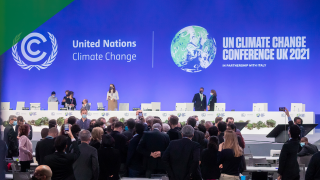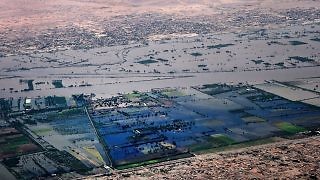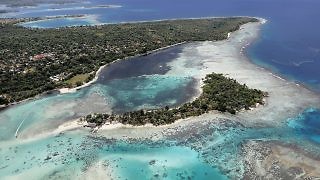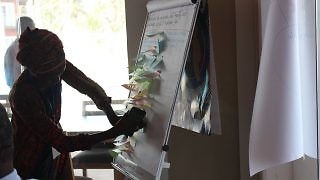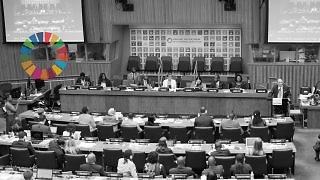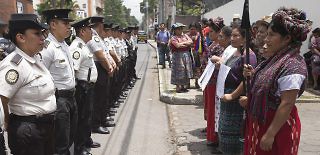The final text on how to operationalize the Loss and Damage fund is ready for COP28. The choice vulnerable countries made to give the World Bank a trial on hosting the fund is an unprecedented opportunity for the World Bank to show its commitment in assisting vulnerable countries navigate the climate crisis.
Author: Jimena Leiva Roesch
-
-
In the world of global climate negotiations, a critical one took place this past Friday, October 20th. As the fourth session of the Loss and Damage Transitional Committee was coming to an end with barely any time for negotiators to read a last-minute text, a decision was made to add a fifth session around the […]
-
As the need for stronger commitments toward the goal of limiting warming to 1.5 degrees grows, the voices and interests of the most vulnerable people and countries are not being given precedence in global climate talks.
-
90 percent of the world’s 1.8 billion youth live in developing or conflict-affected countries where climate change is a serious “risk multiplier” for peace and sustainable development.
-
In the wake of COP26, there is a need to examine the current structures and dynamics of global climate governance.
-
Nisreen Elsaim, a Sudanese climate activist and Chair of the Sudan Youth Organization on Climate Change, is a member of the secretary-general’s youth advisory group on climate change.
-
Climate change has taken a back seat in the political economy discourse and much of the momentum towards reversing climate change’s effects has slowed, or reversed.
-
Five years into the implementation of the agenda and the SDGs, many policymakers agree that momentum towards achieving the agenda’s goals is slowing down.
-
In the current context, what we can expect from HLPF 2019 is not as much as we would like.
-
Importantly, the Guatemalan justice process appears to have the full backing of the UN and members of the international community.
